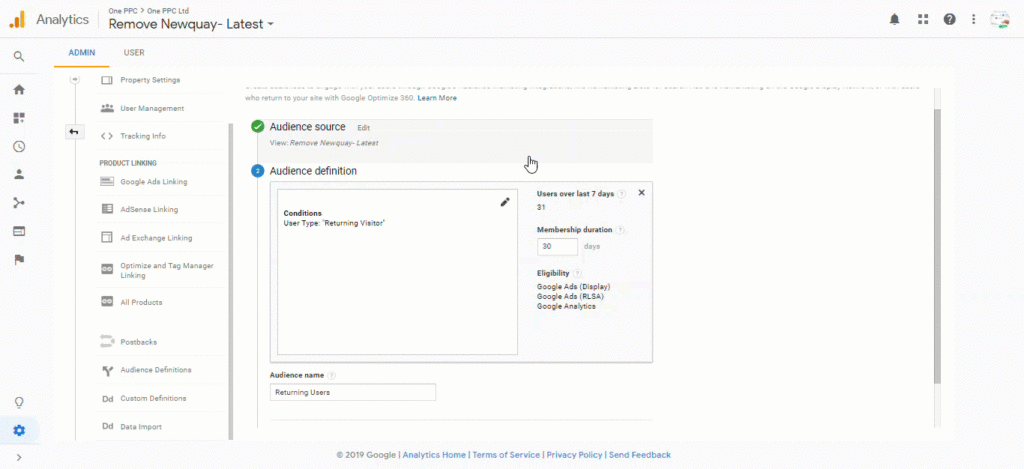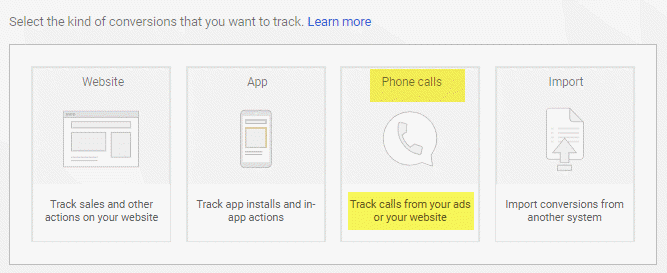In today’s digital age, online advertising has become an essential component for businesses in all industries, and locksmiths are no exception. However, the locksmith industry presents a distinct challenge due to its inherent competitiveness and the steep cost per click (CPC) associated with popular high-competition keywords.
Additionally, the prevalence of click fraud further complicates matters. For new locksmiths, breaking into this market and achieving success can feel like an uphill battle. But fear not, as we are here to equip you with invaluable tips and recommendations to optimise your Google Ads campaigns and pave the way for your locksmith business to thrive.

The Competitive Landscape:
The locksmith industry requires a strategic approach to online advertising due to fierce competition. However, two significant hurdles must be addressed to maximise the effectiveness of campaigns: high CPC for popular keywords and the persistent threat of fraudulent clicks.
High CPC for Popular Keywords:
In the locksmith industry, popular keywords often come at a high cost per click (CPC), rapidly exhausting advertising budgets. To optimise spending, meticulous keyword research is crucial. Focus on long-tail or niche-specific terms to target a more specific audience and reduce costs. Prioritising localised keywords allows you to reach potential customers in your service area, improving overall campaign efficiency.
Click Fraud:
The locksmith industry faces the ongoing challenge of fraudulent clicks, which includes both click fraud and spam fraud. Competitors or malicious actors may purposefully click on ads to deplete advertising budgets and hinder business growth. Detecting and preventing fraudulent clicks can be challenging, as it is often difficult to identify the culprits. However, taking proactive measures can significantly mitigate the impact.
Consider implementing click fraud detection tools and leveraging the resources provided by advertising platforms, such as Google and Bing. These platforms have strict policies against click fraud and often offer automatic refunds for fraudulent clicks. Additionally, monitoring IP addresses, device IDs, and cookie IDs can provide insights into potential instances of fraud. By continuously monitoring campaigns, reporting suspicious activities, and blocking fraudulent clicks, you can protect your advertising investments and optimise the use of your budget.
In conclusion, the locksmith industry’s online advertising landscape presents challenges related to high CPC for popular keywords and the persistent threat of fraudulent clicks. By conducting thorough keyword research, utilising click fraud detection tools, and leveraging the resources of advertising platforms, locksmith businesses can navigate these challenges successfully. This allows them to establish a strong online presence, generate profitable returns on their advertising investments, and gain a competitive edge in the market.
So, while both Google and Bing take this very seriously and do automatic refunds within the billing area- but it is good to also be proactive in blocking click fraud yourself.

Understanding and Combating Click Fraud
The locksmith industry is highly competitive, and online advertising plays a crucial role in reaching potential customers. However, locksmiths face a significant challenge in the form of click fraud, where competitors or malicious actors intentionally click on ads to deplete an advertiser’s budget. As a new locksmith, understanding and combating click fraud is essential for maximising the effectiveness of your online advertising efforts.
Click fraud is an unethical practice that can lead to wasted ad spend and hinder the success of legitimate advertisers. Identifying the culprits behind click fraud is challenging, but it primarily relies on monitoring IP addresses, device IDs, or cookie IDs. While advertising platforms like Google and Bing have implemented detection systems and offer automatic refunds, achieving complete protection against click fraud remains an ongoing challenge.
This article discusses click fraud practice in more depth. htwww.locksmithjournal.co.uk/click-fraud-advertising
Even with the automatic fraud detection systems that Google and Bing provide, and some extra methods we shall discuss below – it is not possible to block 100% of the click fraud spam. Although not even Fort Knox is 100% secure. To combat click fraud effectively, consider the following strategies:
IP ID security
It is possible to identify an IP address that keeps clicking on your ads, and then add this to the campaign as an excluded IP address. However, it is also possible to artificially change IP addresses- and therefore get around this level of security. You can get a list of IP addresses from a free tool like clicky.com and then add them to the Google Ads campaigns. You can also use clickgaurd.com to get IP addresses and block them directly from within this software tool.
Device ID security
Some fraud detection systems like clickguard.com can identify device ID – and you can create a rule to block based on x amount of visits. Not sure if it is possible to also artificially change device ID, but unfortunately it most likely is….
Cookie ID security
You can also use RLSA creatively (Search Remarketing)- with a negative bid modifier- as another layer of spam protection.
Either a return visitor- or someone with more than 2 visits. (Some real traffic will be lost- but as an 80/20 it can be effective).
So if someone is changing their IP address, they will still have the same cookie ID- unless they are changing browsers or clearing cookies.
Audiences can be created within Google Analytics – then imported into Google Ads. Create a returning user audience- edit this and update behaviour sessions to be greater than 2. (or 3).
In Google Ads or Bing, modify the bid to a negative figure up to -90% (instead of the usual bid increase). So you can either show lower down – or not at all if someone has been to your website more than 2 times.
So while nothing is 100% secure (even Fort Knox), applying these 3 extra layers of security will help prevent click fraud spam before it happens.
2. Use Conversion Tracking with a CRM system.
Not all clicks are created equal, and not all lead are created equal.
Conversion tracking will show you what each keyword average cost per lead inside Google Ads. However, CRM systems show you the average cost per customer for each customer – and even the exact sales revenue. Many CRM systems have out of the box integration with website forms and Google ads, which will show the keyword cost and sales revenue. This can make major improvements to bid and budget management to get a better return on investment.

3. Test Call Only campaigns
Many of the best quality leads in the locksmith industry happen over the phone. Setup Call Only campaigns with machine learning bidding. Allow Google to automatically bid based on a call over 1 minute- as a qualified (conversion/lead). This is optimisation using client real data and will help to filter out click fraud spam by automatically bidding lower on traffic unlikely to convert. Machine learning bidding provided by Google has improved drastically over the years, and many other industries also use this to get a better ROI.
4. Lazer Targeting
Keyword Selection and choosing the optimal campaign settings are vital..
Keyword & Location (+Locksmith +town name or +post code or +zip code)
Long tail keywords (locksmith services, commercial locksmith, locksmith company, local locksmith, locksmith near me)
Non-locksmith keywords– key cutting, replacement keys, duplicate keys are much cheaper alternatives to locksmith only keywords. (Use conversion tracking and CRM integration to get the ROI to be sure these work- and set the right bids).
DSA & RLSA Campaign – with conversion tracking. Learn what non locksmith keywords people use – that originally searched using locksmith keywords.
Negative keywords – Block irrelevant searches for services that you do not provide. For example, if you do not provide car-related services, use a car as a negative keyword. For a more detailed guide on negative keywords
Location – Use IP location targeting. Bid higher the closer someone is to use with location bid modifiers.
Competitor names/Brand terms. – Bid on your own brand term.

Conclusion
The locksmith industry is competitive for new advertisers and existing advertisers. Making a profit requires a well setup Google Ads account- along with advanced techniques specific to locksmiths. If you prefer to have specialist Google Ads Setup and Management, get a free quote today.
Advertising Experts
Get specialist services

